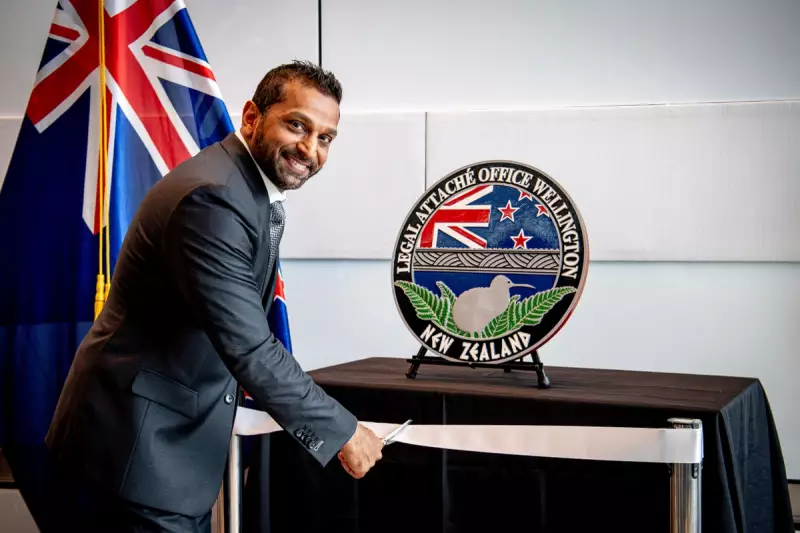
In a startling diplomatic development, Kash Patel, a prominent figure from Donald Trump's administration, has been refused entry to New Zealand following revelations about his associations with American intelligence agencies.
Security Concerns Ground Former Trump Official
The controversial former chief of staff to the acting US defence secretary found himself at the centre of an international incident when New Zealand authorities blocked his arrival. The decision stems from Patel's documented connections to the Federal Bureau of Investigation, raising red flags about potential security implications.
Wellington officials confirmed the travel ban, citing undisclosed "security considerations" that made Patel's presence in the country undesirable. This move represents a significant diplomatic statement from the Pacific nation regarding individuals with deep ties to US intelligence operations.
Controversial Figure Faces Travel Restrictions
Patel, who served in multiple high-profile roles during Trump's presidency, has long been a polarising figure in American politics. His work history includes positions where he handled sensitive national security matters, creating a complex web of international relationships that now appear to be impacting his global mobility.
The exclusion order highlights growing concerns among nations about the movement of individuals with extensive intelligence backgrounds. New Zealand's decisive action demonstrates their commitment to rigorous border security protocols, even when dealing with former officials from allied nations.
International Relations Implications
This incident occurs against a backdrop of increasing scrutiny of former government officials' international activities. The travel ban raises important questions about how nations assess security risks associated with foreign political figures and intelligence operatives.
New Zealand's firm stance sends a clear message about their autonomous security assessment capabilities, independent of their traditional allies' political considerations. The case establishes a noteworthy precedent for how countries might handle similar situations involving former intelligence-linked officials in the future.





